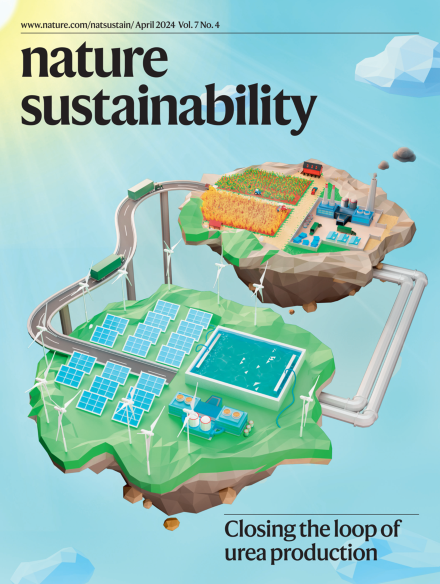
Our April issue is now live!
Fire risk exposure at the wildland-urban interface has been growing in many areas across the world, as shown by Bin Chen and colleagues, and highlights the urgency of improved wildfire management.

Fire risk exposure at the wildland-urban interface has been growing in many areas across the world, as shown by Bin Chen and colleagues, and highlights the urgency of improved wildfire management.


Achieving a circular system for electronics hinges on greener design and effective recycling methods. Now, research presents a more durable printed circuit board that can also be sustainably and effectively recycled.